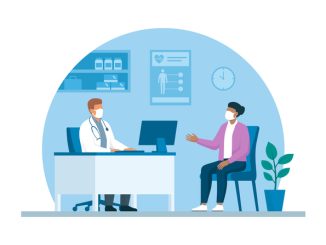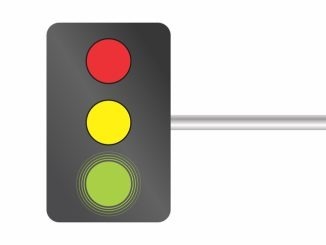As reported by The BMA, overuse of MAPs in the NHS is exacerbating doctors’ workloads and compromising patient care, warns a BMA report, revealing concerns among 55% of doctors surveyed about the increased burden due to the presence of PAs and AAs in their workplaces
Just 21 per cent of doctors responding to the survey said the presence of these staff had reduced their workload.
Along with complaints over increased workload, the BMA’s survey also highlighted serious concerns about the use of PAs and AAs regarding patient safety.
Among doctors working in primary care, 89.6 per cent thought the way in which PAs were being employed in the NHS was a risk to patient safety, with 82 per cent believing that PAs frequently or often worked beyond their competence.
Eighty-six per cent of doctors working in secondary care said that the way PAs and AAs are currently deployed in health service was ‘sometimes’ or ‘always’ a risk to patient safety, with 81.5 per cent expressing concern about these staff ‘working beyond their scope of practice’.
Mounting alarm with the way in which PAs and AAs are being utilised in the health service led to the BMA calling for an immediate pause in recruitment until concerns with the regulation and supervision of these staff were addressed by the Government.
BMA council chair Phil Banfield said that the results of the survey simply reiterated this urgency, adding that MAPs were in many cases achieving the ‘exact opposite’ of what doctors had been promised they would do.
He said: ‘NHS England tells us that “physician associates support doctors in the diagnosis and management of patients”, supposedly giving doctors more time to deliver the high-quality care only they can give.
‘But the reality appears to be the exact opposite – too many doctors are telling us that working with PAs is instead draining their time and energy. The responsibility for signing off prescriptions and ensuring the PAs are working within their proper scope of practice quite rightly falls on the supervising doctor, but also those doctors working alongside them; as scope has inappropriately crept ever further it has made far more work for doctors than it has saved.
He added: ‘The Lords will soon have a chance to oppose damaging legislation that aids that blurring of lines by regulating PAs under the GMC, the doctors’ regulator rather than the more appropriate Health and Care Professions Council.
‘The Government and NHSE should be instead ensuring that PAs return to their original purpose of supporting, not replacing doctors, so that doctors can get on with utilising the diagnostic and treatment skills they have spent so long at medical school gaining their expertise in. Their scope should be strictly defined and, to ensure patients are not confused, the title returned to the more accurate “physician assistant” – then they can play their valuable role in supporting the delivery of NHS care safely.’
In the NHS long-term workforce plan, the Government pledged to increase the number of PAs and AAs working in the health service to 10,000 by 2036/37, with ministers arguing that these staff will reduce the burden on doctors by taking on administrative and minor clinical tasks.
Rather than being freed up, however, the survey heard from doctors who said that they had been forced to spend less time with their patients to supervise PAs and AAs.
‘PAs are often used as a role to cover up understaffing issues on wards when there are not enough junior doctors to provide care,’ one foundation doctor told the BMA’s survey.
‘PAs in my experience increase my workload as I am often required to oversee or redo work that they have completed.’
‘I have only worked with excellent PAs. They have always been brilliant members of the team,’ an England-based GP told the survey.
‘The problem is that because the NHS is so stretched, PAs are put in the position of working as doctors with minimal supervision.’




Be the first to comment